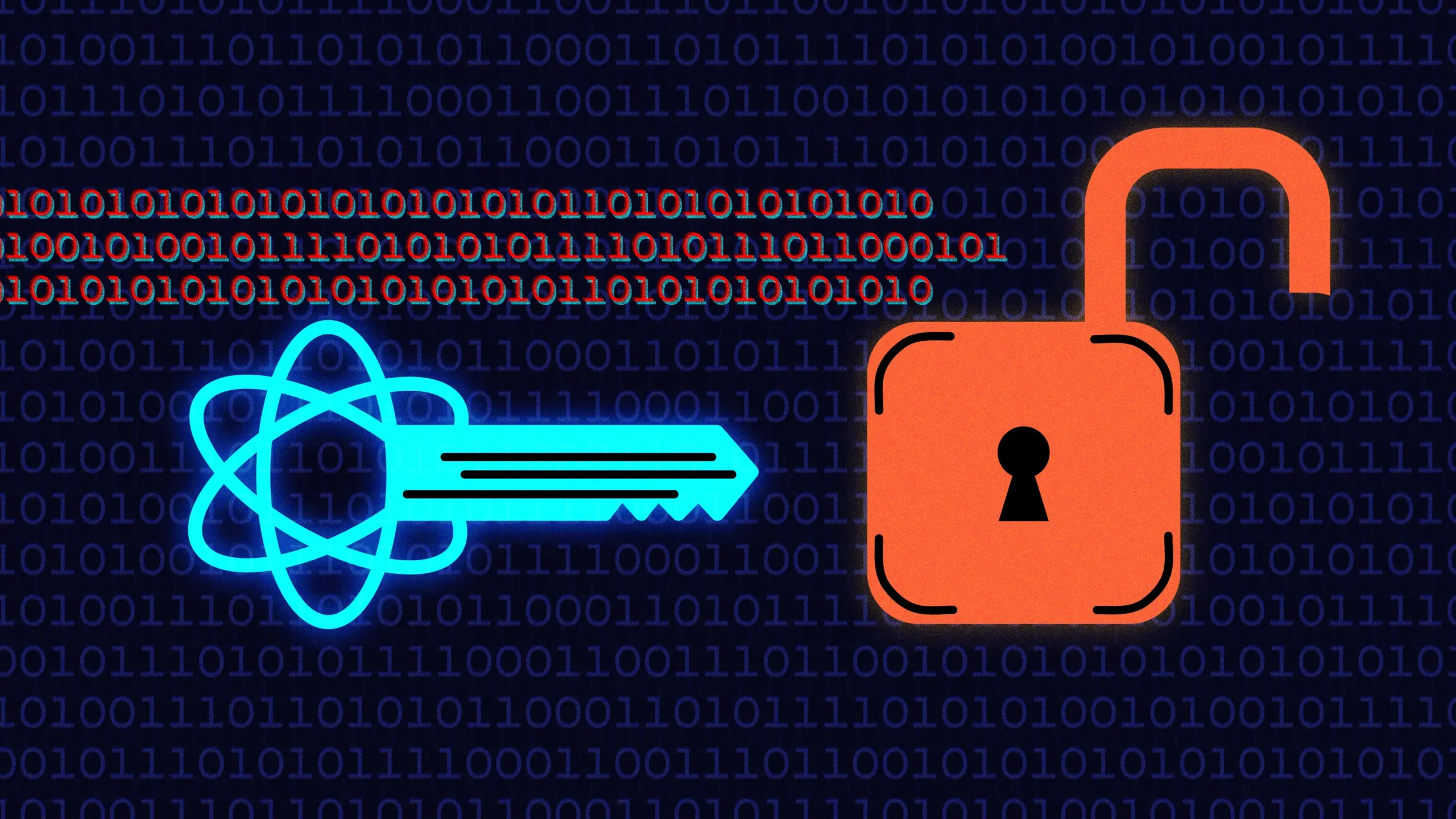
Quantum computing is poised to redefine our cybersecurity landscape with its potential to break traditional cryptographic systems that safeguard our digital communications and data. As quantum computers evolve, their exceptional computational capabilities could soon render current encryption methods obsolete. The dire implications for data security have spurred a global race to develop quantum-resistant cryptography.
Why Quantum Cryptography Matters Now
Despite the full potential of quantum computing still being on the horizon, the “future lifespan” of sensitive data necessitates preemptive measures. Quantum-resistant cryptography is not merely an advanced concept but an impending necessity to secure information against future quantum threats. The urgency to adapt is driven by the principle of “harvest now, decrypt later,” where adversaries could capture encrypted data today and wait to decrypt it with more advanced technology.
The Push for Quantum-Resistant Algorithms
Recognizing the quantum threat, the cybersecurity community is fervently developing new encryption methods. These quantum-resistant or post-quantum cryptographic (PQC) algorithms are designed to withstand attacks from quantum computers. Current initiatives focus on several categories of PQC algorithms, such as lattice-based, hash-based, and multivariate polynomial cryptography, each offering unique strengths in defending against quantum decryption tactics.
Practical Implementation Challenges
Transitioning to quantum-resistant cryptography involves numerous challenges. Organizations must first identify and audit their cryptographic assets—a task of considerable scale. Mapping the entire crypto landscape of an organization is crucial to understanding the scope of necessary changes. Additionally, this transition requires the integration of new algorithms into existing systems without compromising performance or security, demanding significant investment in research, development, and infrastructure upgrades.
Global and National Initiatives
Efforts to standardize and implement PQC are being spearheaded by influential bodies such as the National Institute of Standards and Technology (NIST), which is at the forefront of testing and standardizing PQC algorithms. Such initiatives are crucial for ensuring interoperability and security across various technologies and platforms.
Looking Ahead: Quantum Cryptography in Action
The implementation of quantum cryptography extends beyond theoretical applications, with real-world usage in sectors like government, military, and finance, where secure communications are paramount. Quantum Key Distribution (QKD), for example, is already revolutionizing secure communications by enabling the exchange of cryptographic keys with provable security based on quantum mechanics.
As we stand on the brink of a quantum era, the development of quantum-resistant cryptography is not just a precaution but a critical pathway to ensuring the future confidentiality and integrity of global digital infrastructure. The collaborative efforts of governments, industries, and academia are vital to accelerate the development and deployment of robust quantum-safe cryptographic solutions.